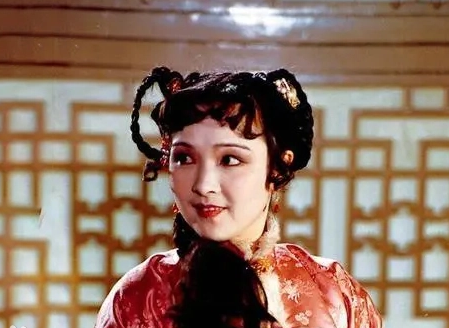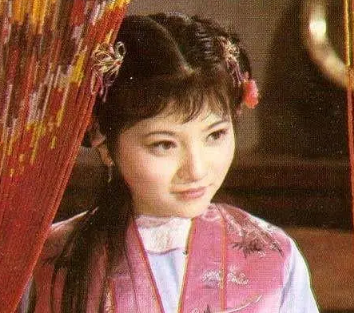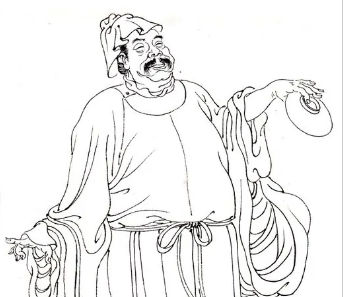Throughout Chinese history, there have been numerous heroes who were both brave and intelligent, either achieving remarkable military feats for their country or sacrificing their lives for the rejuvenation of their nation. However, some figures have committed fatal errors at crucial moments, resulting in the collapse of their own ambitions. Li Mi is one such tragic hero. Once an outstanding leader of the peasant uprising in the late Sui Dynasty, he ultimately failed to establish his own political power due to two crucial mistakes. So, why did Li Mi fail to govern the country? What were the fatal errors he committed? This article aims to analyze the reasons for Li Mi's failure from a historical perspective.

Firstly, Li Mi's first fatal mistake was his lack of political wisdom. In the late Sui Dynasty, when the country was in chaos and various warlords were competing for power, Li Mi, as a brave and skilled general, quickly rose to become the leader of the peasant uprising army with his military prowess and charismatic personality. However, he struggled in political struggles. He placed too much emphasis on his personal prestige and status, neglecting alliances and cooperation with other forces. In his struggles against the Sui army, Li Mi repeatedly refused to ally with other uprisings and even betrayed his allies at crucial moments, leading to his increasing isolation. This lack of political wisdom gradually cost him his advantage in political struggles.
Secondly, Li Mi's second fatal mistake was his over-eagerness for quick success. After the fall of the Sui Dynasty, Li Mi briefly held the reins of power. However, instead of seizing this opportune moment to stabilize the political situation and develop the economy, he was eager to proclaim himself emperor and established the short-lived Western Wei Dynasty. This mindset of seeking quick success clouded his judgment politically. He failed to recognize that he was not the only one capable of governing the country at that time, as many other forces were coveting power in the shadows. Shortly after his coronation, he was attacked by other uprisings and ultimately forced to surrender to the Tang Dynasty. This over-eagerness for quick success robbed Li Mi of the opportunity to establish his own political power.
In conclusion, the main reasons for Li Mi's failure to govern the country successfully were his lack of political wisdom and his over-eagerness for quick success. These two mistakes gradually stripped him of his advantage in political struggles, ultimately leading to his downfall. Nevertheless, despite his failure to establish his own political power, Li Mi's heroic deeds and noble qualities are still celebrated by later generations. As the ancients said, "Heroes have no tears, and their aspirations soar to the heavens." Although Li Mi failed, his spirit deserves our eternal learning and remembrance.
Disclaimer: The above content is sourced from the internet and the copyright belongs to the original author. If there is any infringement of your original copyright, please inform us and we will delete the relevant content as soon as possible.































